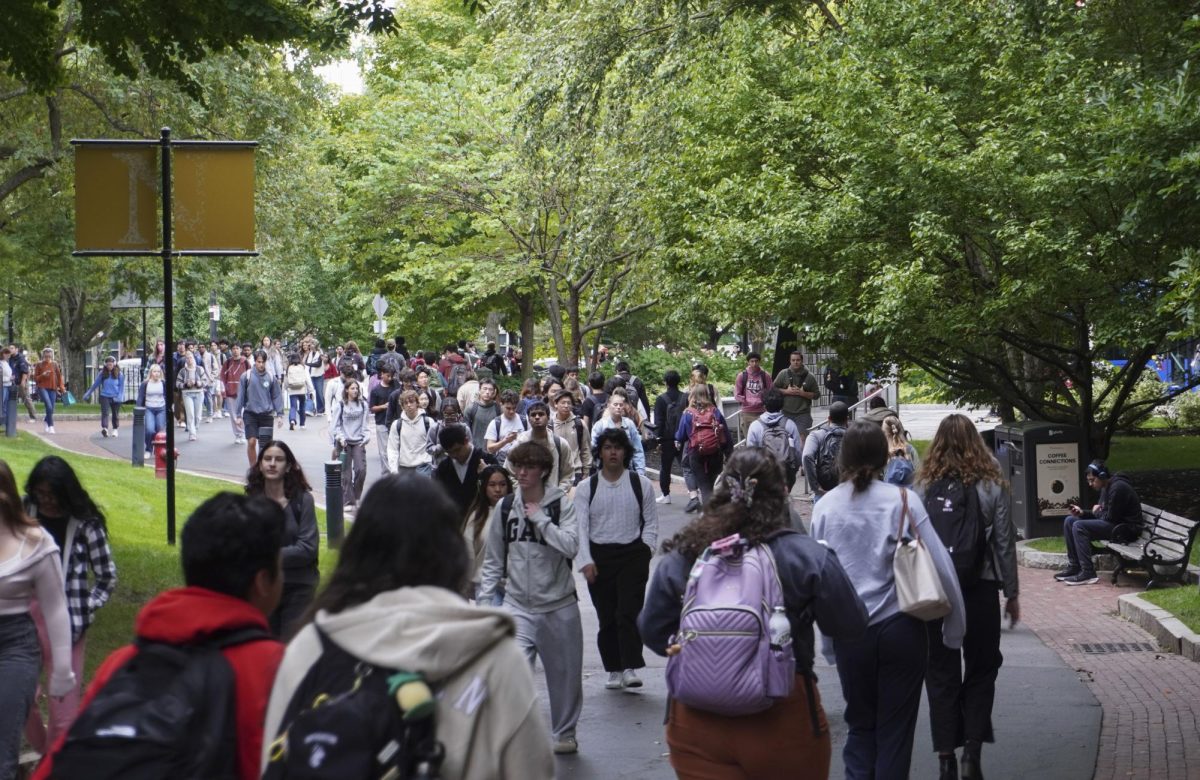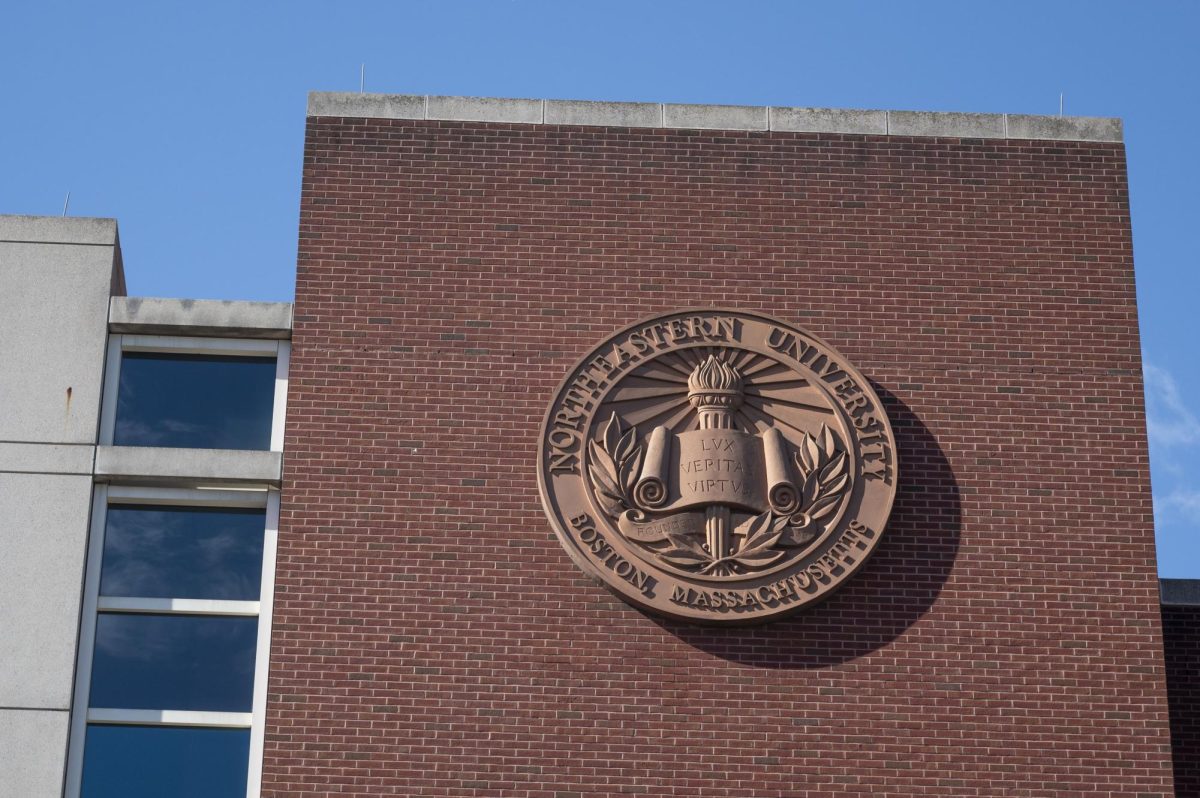By Erin Kelly
Reports of inappropriate use of the computers in Snell Library have increased recently, according to NUPD reports.
“Since Jan. 1 of this year, we’ve documented about 15 instances where either the library staff called us about a person using a public area computer for inappropriate use, or our officers, who are very aggressive in looking for that in the library because we know it exists, noticed it, ” said Jim Ferrier, associate director of public safety.
These include an incident Feb. 14, where police found four high school students using the computers in Snell Library to visit adult websites, and another Feb. 16, when a 46-year-old male Dorchester resident in the library was reported visiting similar provocative sites.
In the youths’ case, the students were escorted off campus by a Northeastern Division of Public Safety (NUPD) officer, while in the case of the Dorchester resident, the man was uncooperative and eventually arrested for throwing a lit cigarette in an NUPD officer’s face.
Inappropriate use of the computers, like the visitation of pornographic and explicit websites, is monitored typically by those using the library who see and report it, said Lesley Milner, associate dean of user services at Snell.
“People that see [inappropriate computer use] come and report it at the reference desk, or the circulation desk. Then [the library staff] confront the person,” Milner said.
Any person using the computers in the Northeastern library are required to follow the Appropriate Use Policy (AUP), which contains a set of rules about what will and will not be tolerated by computer users. According to the AUP, the Northeastern computer system is intended for academic work, and computer use may be monitored to ensure the appropriate use of computers. The library’s website also stresses responsible conduct of all persons using the university libraries, warning that those who engage in inappropriate, abusive or disruptive behaviors will be asked to leave.
“People that use these computers, whether students or visitors, have to abide by the university’s computer use policy,” Milner said. “If they don’t follow those rules, they’re subject to losing their privileges and entering the library.”
Usually when a staff member approaches a person visiting inappropriate websites, the person claims they were unaware of the library’s computer use policy and are cooperative, Milner said.
“Sometimes we, as library staff, don’t have any trouble after [confronting them], because the person did not know about our policy. If that is not sufficient, we call NUPD,” Milner said.
In most cases, the perpetrator is evicted from the library and issued a trespass warning, meaning they are not welcome back on campus, Ferrier said.
However, in cases of those using the computers for instant messaging or checking e-mail, the person is reminded of the inappropriate use policy, but not banned from the premises, Ferrier said.
Boston residents and visitors are allowed to enter and use certain library facilities for research purposes, with a valid photo ID, by signing in with their name and address, Milner said. However, they do not always use the computers for their intended purposes.
Some people may misuse the public access computers to avoid viruses on their own computers, said Alyssa Otero, a freshman music industry major.
“If someone was to go on a porn site on their own laptop, they might get viruses or inappropriate pop-ups,” Otero said. “But they probably don’t really care if something bad happens to the school’s computer, especially since they most likely don’t expect to get caught.”
To reduce the repeated illegitimate use of public access computers, a list of those who have been banned for illegitimate computer use is kept with the person at Snell checking IDs.
Since Jan. 1, no previous violators have attempted to re-enter the library, Ferrier said.
Typically, Boston residents using the public access computers are the culprits of inappropriate computer use, rather than Northeastern students, Milner said.
“With inappropriate website use, the instances we identify and know about is mostly public visitors,” Milner said.









